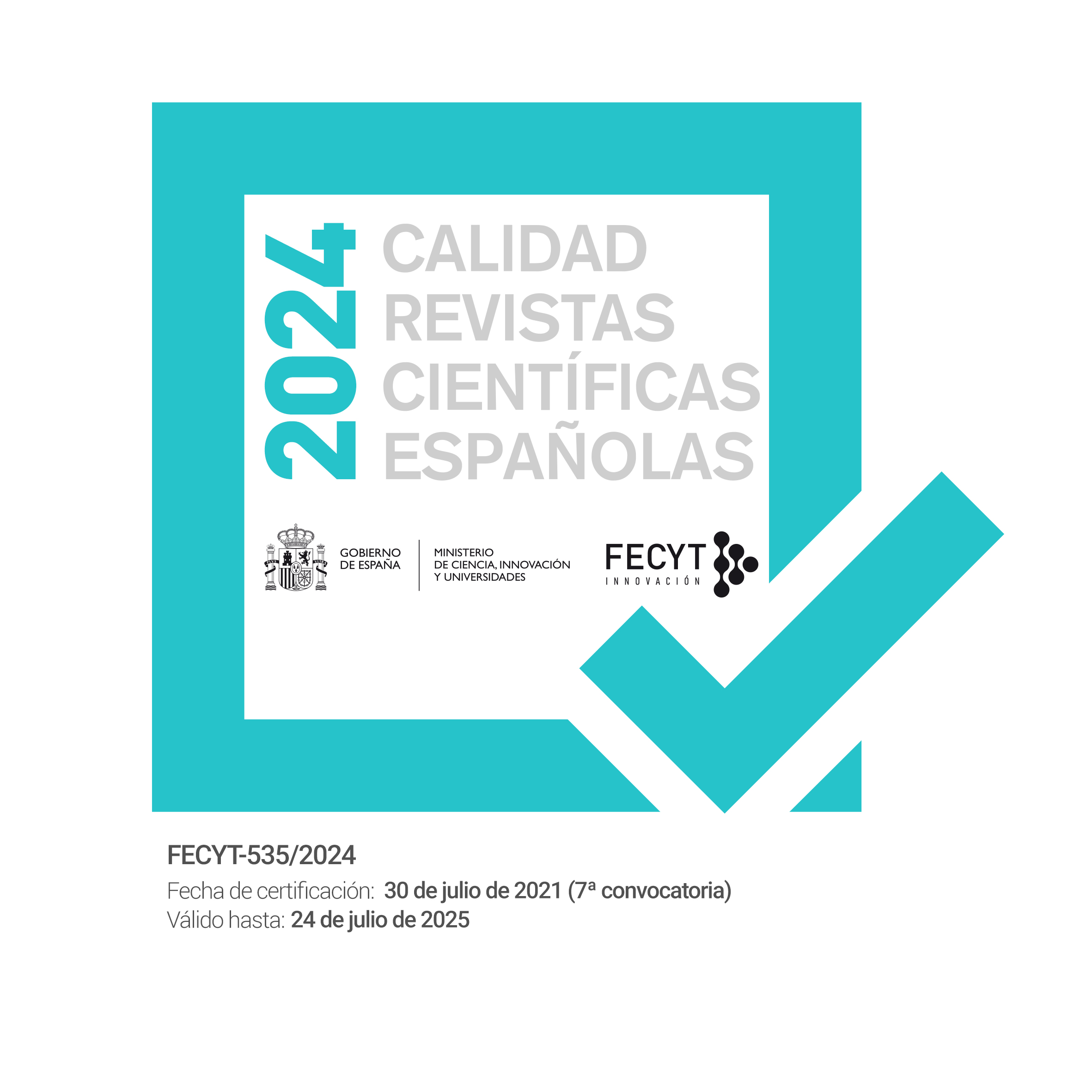Efficiency in Microfinance Cooperatives
DOI:
https://doi.org/10.26754/ojs_ried/ijds.52Keywords:
microfinance institutions, efficiency, scale economies, social impactAbstract
In recognition of cooperatives’ contribution to the socio-economic well-being of their participants, the United Nations has declared 2012 as the International Year of Cooperatives. Microfinance cooperatives make a large part of the microfinance industry. We study efficiency of microfinance cooperatives and provide estimates of the optimal size of such organizations. We employ the classical efficiency analysis consisting of estimating a system of equations and identify the optimal size of microfinance cooperatives in terms of their number of clients (outreach efficiency), as well as dollar value of lending and deposits (sustainability). We find that microfinance cooperatives have increasing returns to scale which means that the vast majority can lower cost if they become larger. We calculate that the optimal size is around $100 million in lending and half of that in deposits. We find less robust estimates in terms of reaching many clients with a range from 40,000 to 180,000 borrowers.
CITE AS:
Hartarska, V., Nadolnyak, D., Shen, X. (2012). Efficiency in Microfinance Cooperatives. Iberoamerican Journal of Development Studies, 1 (2): 52-75
Downloads
References
ALTUNBAS Y, EVANS L, MOLYNEUX P (2001). Bank ownership and efficiency. Journal of Money, Credit, and Banking 33:926-954
BALKENHOL B (2008). Microfinance and Public Policy: Outreach Performance and Efficiency. Houndsmill, England
BATTESE GE, COELLI TJ (1995). A model of technical inefficiency effects in a stochastic frontier production function for panel data. Empirical Economics 20(2):325-332
BERGER AN (2007). International Comparisons of Banking Efficiency. Financial Markets, Institutions & Instruments 16(3):119-144
BERGER A, HUMPHREY D (1991). The Dominance of Inefficiencies Over Scale and Product Mix Economies in Banking. Journal of Monetary Economics 28:117-148
BERGER AN, MESTER LJ (1997). Inside the Black Box: What Explains Differences in the Efficiencies of Financial Institutions. Journal of Banking and Finance 21:895-947
BERGER AN, MESTER LJ (2003). Explaining the Dramatic Changes in Performance of U. S. Banks: Technical Change, Deregulation, and Dynamic Changes in Competition. Journal of Financial Intermediation 12:57-95
CAUDILL S, GROPPER D, HARTARSKA V (2009). Which microfinance institutions are becoming more cost-effective with time? Evidence from a Mixture Model. Journal of Money, Credit, and Banking 41(4):651-672
CAUDILL S, GROPPER D, HARTARSKA V (forthcoming). Microfinance Institution Costs: Effects of Gender, Subsidies and Technology. Journal of Financial Economic Policy
CHRISTEN RP, ROSENBERG R, JAYADEVA V (2004). Financial Institutions with a “Double Bottom Line”: Implications for the future of microfinance. Occasional Paper Washington, CGAP
CRESPI R, GARCÍA-CESTONA MA, SALAS V (2004). Governance mechanisms in Spanish Banks does ownership matter? Journal of Banking and Finance 28:2311-2330
CULL R, DEMIRGUC-KUNT A, MORDUCH J (2007). Financial Performance and Outreach a Global Analysis of Leading MFIs. The Economic Journal 117:F107-F133
GUTIÉRREZ-NIETO B, SERRANO-CINCA C, MAR M (2007). Microfinance institutions and efficiency. Omega: The International Journal of Management Science 35:131-142
HARTARSKA V and MERSLAND R (2012). Which Governance Mechanisms Promote Efficiency in Reaching Poor Clients? Evidence from Rated Microfinance Institutions. European Financial Management
HARTARSKA V, PARAMETER C, MERSLAND R (2011). Should All MFIs Mobilize Savings? Evidence from Scope Economies. Working Paper, Auburn University
HARTARSKA V, NADOLNYAK D, SHEN X (2012). Social Performance and Cost Minimizing MFI Size. Journal of Cost Management
HARTARSKA V, SHEN N, MERSLAND R (forthcoming a). Scale Economies and Elasticities of Substitution in MFIs. Journal of Banking and Finance
HARTARSKA V, NADOLNYAK D, SHEN X (forthcoming b). Cost Function Approach to MFI Efficiency: The Role of Subsidy and Social Output Measures. In: Manos R, JP Gueyie and Yaron J (eds.). Innovations in Microfinance: Case Studies from Developing Countries and Countries in Transition. Palgrave Macmillan
HARTARSKA V, PARAMETER C, NADOLNYAK D, ZHU B (2010). Economies of Scope for Microfinance: Differences Across Output Measures. Pacific Economic Review 15(4):464-481
HERMES N, LENSINK R, MEESTERS A (2011). Outreach and Efficiency of Microfinance Institutions. World Development 39(6):938-948
HUGHES J, MESTER L (2008). Efficiency in banking: Theory practice and evidence. Working Paper 08-1, Federal Reserve Bank of Philadelphia
LEON J (2009). Cost efficiency frontier: An empirical analysis of Peruvian municipal banks. Canadian Journal of Development Studies 29(1-2):161-182
MERSLAND R (2009). The Cost of Ownership in Microfinance Organizations. World Development 37(2):469-478
MERSLAND R, STRØM RØ (2008). Performance and Trade-offs in Microfinance Organizations – Does Ownership Matter? Journal of International Development 20:598-612
MORDUCH J (1999). The Microfinance Promise. Journal of Economic Perspectives 37:1569-1614
PAXTON J (2007). Technical efficiency in a semi-formal financial sector: The case of Mexico. Oxford Bulletin of Economics and Statistics 69(1):8305-9049
PEACHEY S, ROE A (2006). Access to finance – What does it mean and how do savings banks foster access. Perspectives. Brussels, World Savings Bank Institute (WSBI)
SMITH D (1984). A Theoretic Framework for the Analysis of Credit Union Decision Making. The Journal of Finance 39(4):1155-1168
SMITH D (1986). A test for variant objective functions in credit unions. Applied Economics 18:959-970
TECK A (1968). Mutual savings banks and savings and loan associations: Aspects of growth. Columbia University Press, New York
VARIAN H (1984). The Nonparametric Approach to Production Analysis. Econometrica 52(3):579-597
Downloads
Published
How to Cite
Issue
Section
License
Copyright (c) 2012 Valentina Hartarska, Denis Nadolnyak, Xuan Shen

This work is licensed under a Creative Commons Attribution-NonCommercial-NoDerivatives 4.0 International License.








